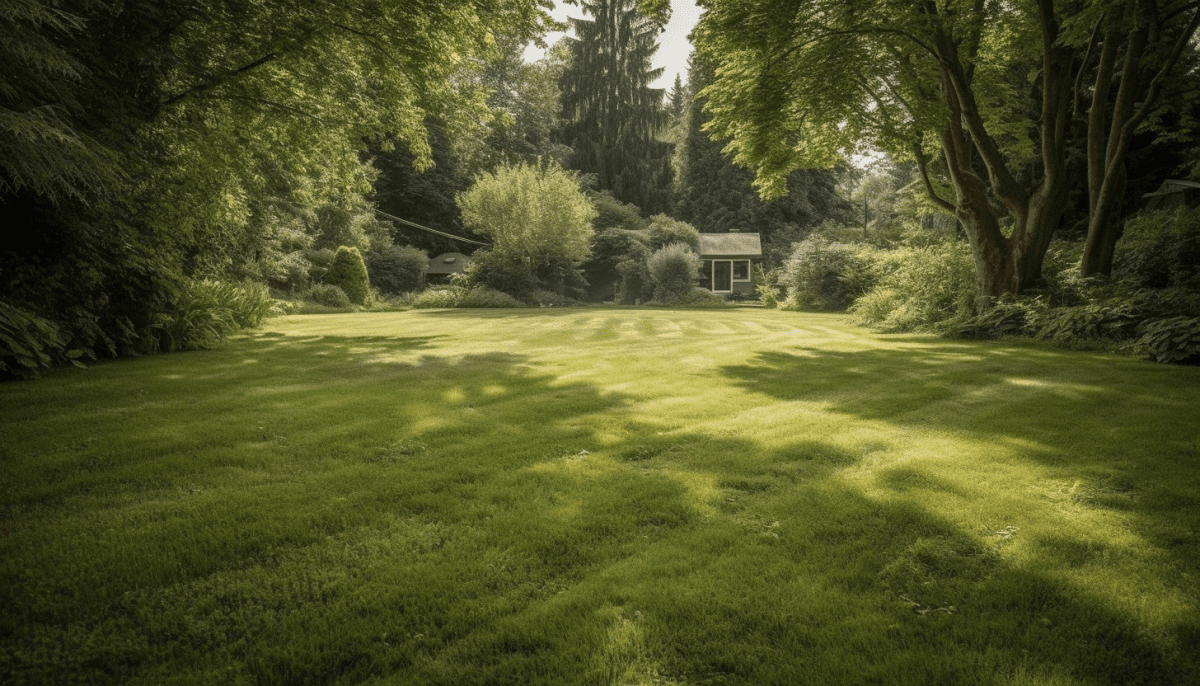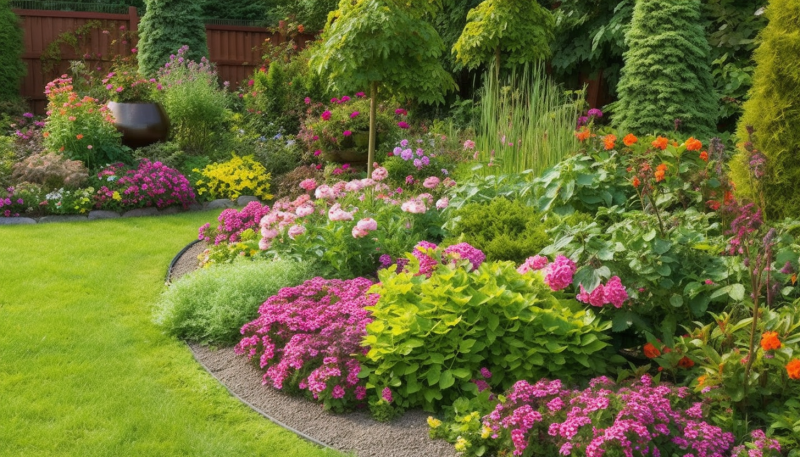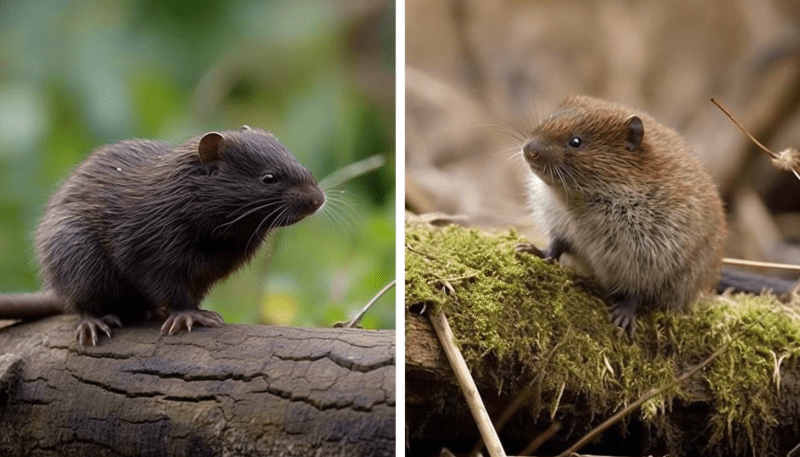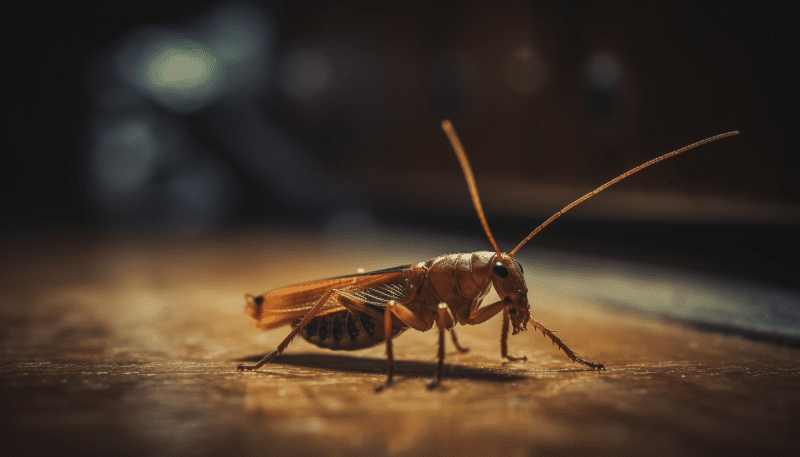One of the key factors in maintaining a grub-free lawn is mowing properly. It may seem like a simple task, but doing it correctly can make a big difference in the health of your grass. Here are a few tips to help you mow your lawn the right way.
First and foremost, make sure your lawnmower blade is sharp. Dull blades can tear the grass instead of cutting it cleanly, leaving it vulnerable to pests and diseases. Check your blade regularly and sharpen or replace it as needed.
When mowing, never cut off more than one-third of the grass blade at a time. Cutting it too short can weaken the grass and make it more susceptible to grub damage. Aim to keep your grass at a height of around 3 inches, as this will help it develop a strong root system and shade out weeds.
Remove Weeds
One of the biggest challenges in maintaining a beautiful lawn is dealing with weeds. Weeds not only make your lawn look unkempt, but they also compete with your grass for essential nutrients and water. To achieve a grub-free lawn, it's important to tackle those pesky weeds head-on.
The first step in removing weeds is to physically pull them out. Make sure to wear gloves to protect your hands and get a good grip on the weed before pulling it out, roots and all. This will prevent the weed from growing back and spreading in your lawn. For larger patches of weeds, you may need to use a weeding tool to help with the removal process.
Another effective method of removing weeds is to use a natural weed control solution. Mix equal parts of vinegar and water in a spray bottle and apply directly to the weeds. The acidity of the vinegar will kill the weeds without harming your grass. You can also use a mixture of salt and water to create a weed-killing solution.
Lastly, maintaining a healthy lawn is one of the best ways to prevent weeds from taking over. Make sure to fertilize your lawn regularly, mow at the appropriate height, and water deeply but infrequently. A healthy lawn will be able to outcompete weeds and keep them at bay, giving you a grub-free lawn that you can enjoy all year round.
Water Wisely
One of the most important factors in maintaining a healthy, grub-free lawn is watering wisely. Many people make the mistake of over-watering their lawns, which can actually attract grubs and other pests. To avoid this, it's important to water deeply but infrequently. This encourages the grass roots to grow deeper into the soil, making them more resilient to pests and diseases.
Another key tip for watering wisely is to water in the early morning or late evening. By watering during these cooler times of day, you can minimize evaporation and ensure that the water has a chance to soak into the soil before the heat of the day sets in. This also helps to prevent fungal growth, which thrives in warm, moist conditions.
It's also a good idea to invest in a quality sprinkler system or irrigation system to ensure that your lawn gets the water it needs without wasting any. By using smart watering methods, you can help your lawn stay healthy and grub-free without breaking the bank or harming the environment.
Fertilize Sparingly
Instead of over-fertilizing, aim to use a slow-release fertilizer that will nourish your lawn over a longer period of time. This will prevent a sudden surge in grass growth that can attract grubs. Additionally, be sure to read the instructions on your fertilizer package and follow them carefully. Using the correct amount of fertilizer will help keep your lawn healthy without overfeeding the grubs.
Another way to fertilize sparingly is to focus on the areas of your lawn that actually need it. If you notice patches of grass that are thin or yellowing, those are the areas that could benefit from some extra nutrients. By spot-treating these trouble spots, you can avoid spreading excess fertilizer across your entire lawn, which can also help prevent grub infestations.



